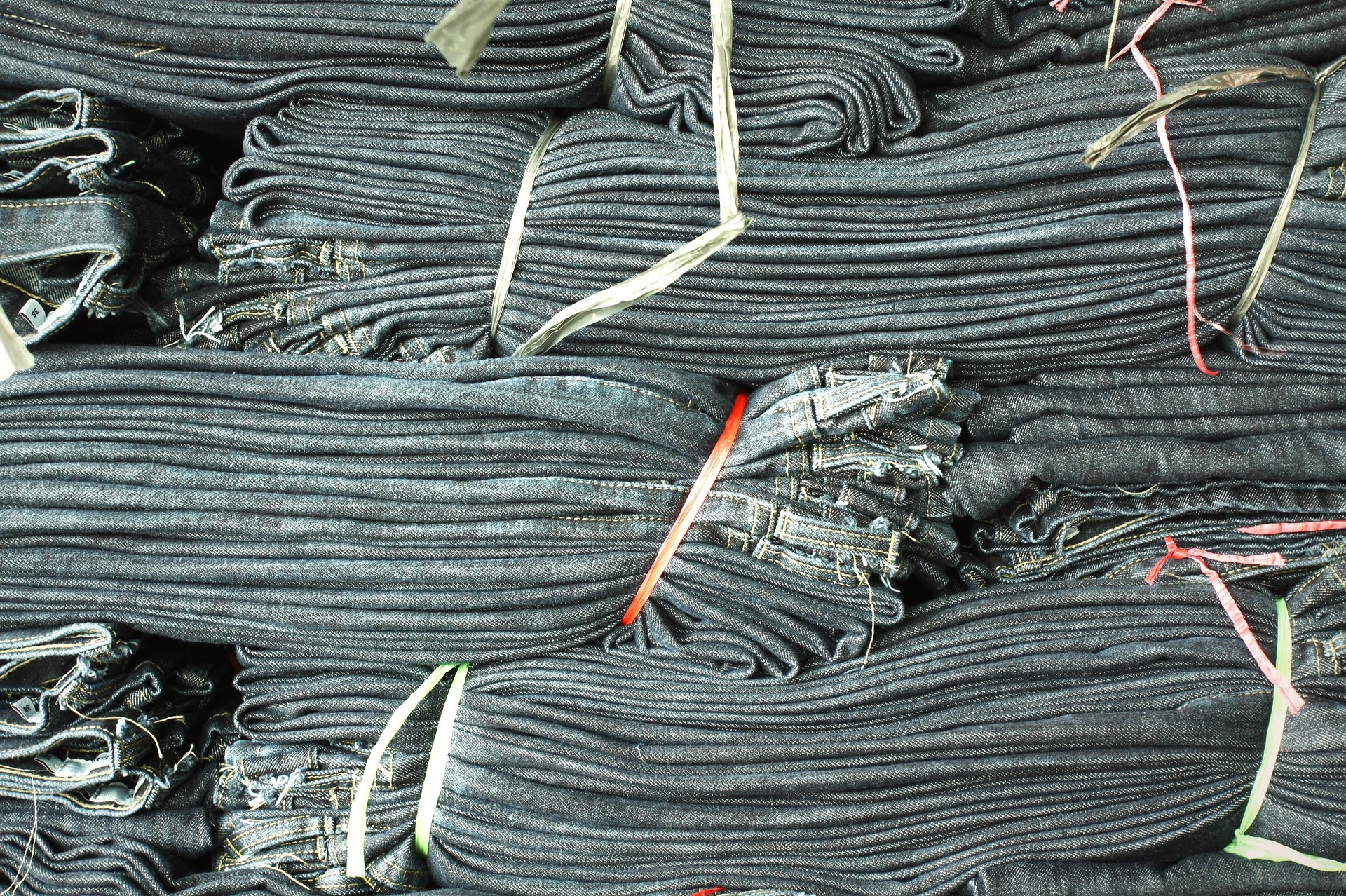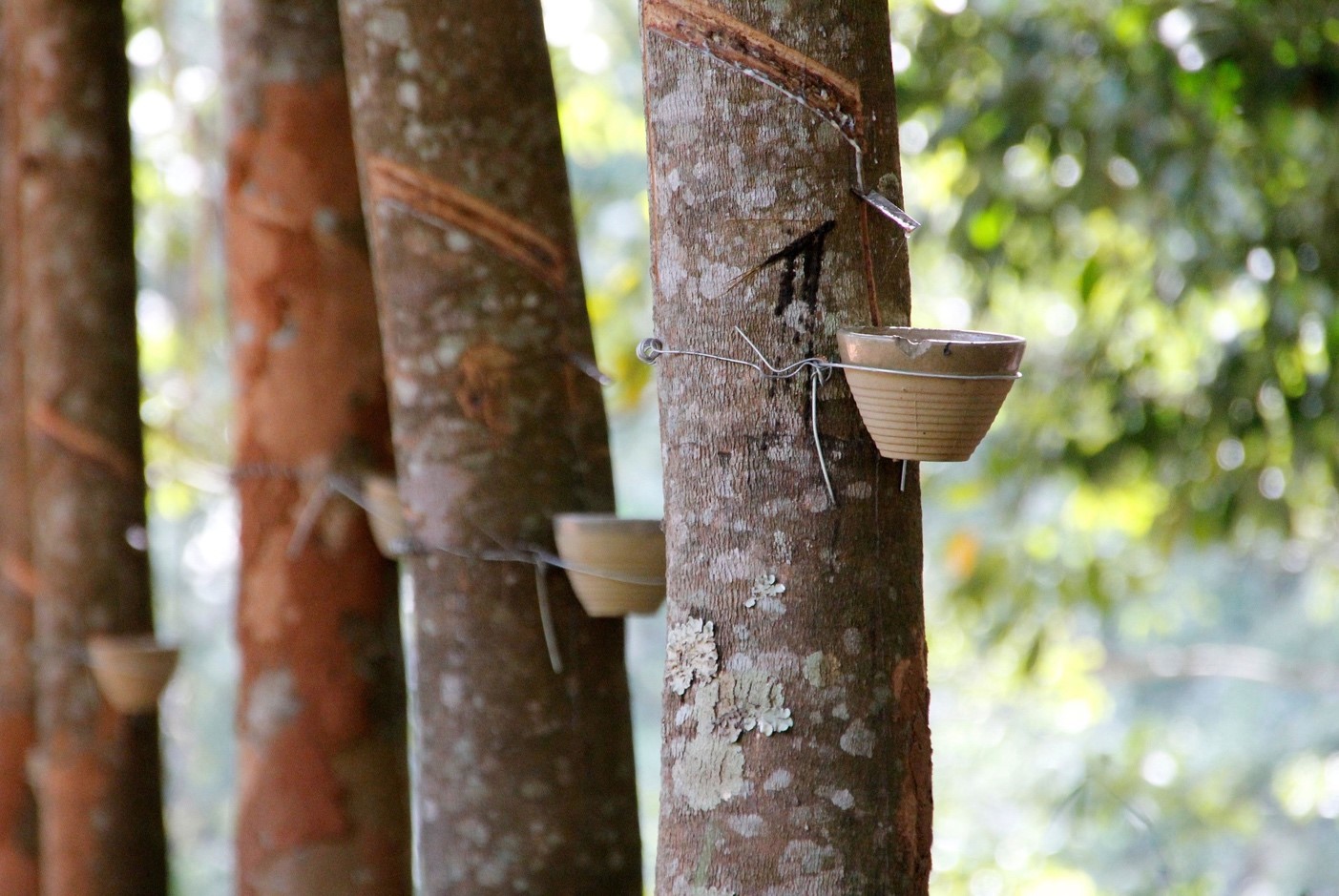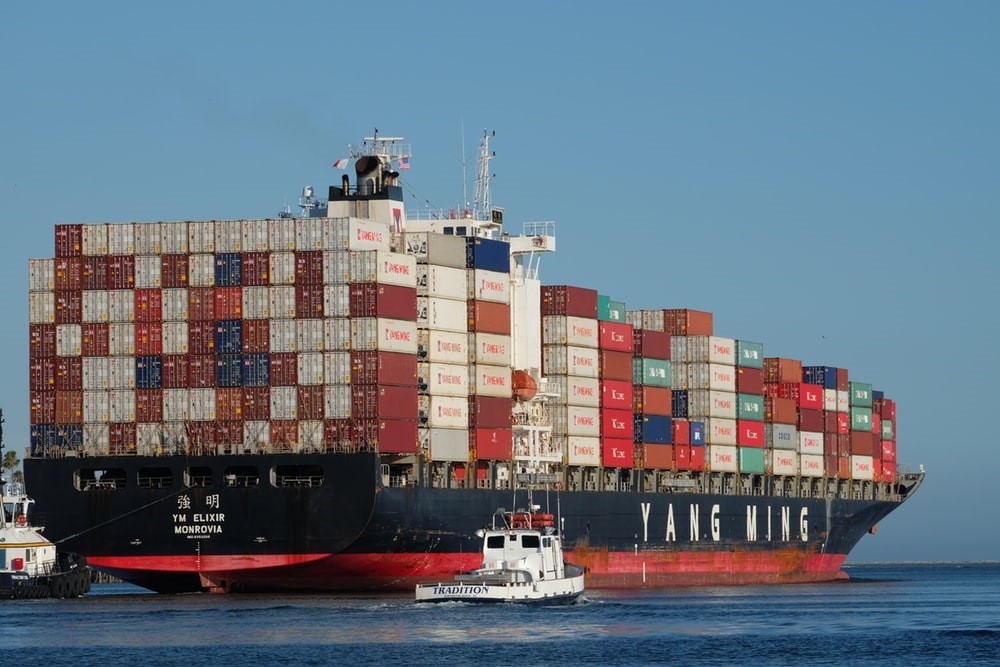Since 2000, the global production of clothing has doubled while the individual consumption of clothes has gone up by 60%, making the textile industry the second most polluting in the world after oil extraction. This worrying trend recently led, for the first time, a head of state in French president Emmanuel Macron to publicly address the issue of the ecological cost of fashion.
During last August’s G7 summit in Biarritz, Macron launched what he called his Fashion Pact, a non-legally binding agreement listing a set of shared objectives in the areas of global warming, biodiversity and oceans. Behind this initiative lies the hope that companies will inspire new courses of action and commitments in order to achieve the goal of net-zero emissions by 2050.
A coalition of 32 companies (including Chanel, H&M, Nike and Prada), encompassing 150 brands, has thus far gathered around these shared objectives. Presided by Kering chair and CEO, French billionaire François-Henri Pinault, the Fashion Pact aims to represent “at least 20% of the global fashion industry as measured by volume of products”.

Global cloth production has doubled over the past two decades, with consumption rising by a whopping 60%. Photo credit: Jeans by frozennuch from Pixabay
“A life with less plastic in it”
It is one thing to label your brand as eco-friendly, and quite another to implement actual cultural and industrial changes.
The trailblazing French brand Veja, whose sneakers were seen on Princess Meghan Markle’s feet during a royal trip to Sydney, has chosen from the start to work with fair trade partners in Brazil, where the wild rubber that accounts for 30% of the soles of their newest pair of trainers is grown and directly collected from trees.
Veja opened its very first store in Paris last year. According to manager Ludovic Ehrhardt, it’s a smart move for the brand. “We never expected it to be such a success,” he says.
Carolina and Liz, two friends from Argentina and the UK, are looking through Veja’s vegan models. First-time visitors to the store, they already own Veja products. Both of them acknowledge the need to “consume a lot less” and lead a “life with less plastic in it”.

A culture of consumption driven by sales and deep discounts has also contributed to the rise of fast fashion. Photo credit: Unsplash/Markus Spiske. Picture taken for CouponSnake/www.couponsnake.com
Sustainable boutique firms
Veja is, however, far from the only sustainable firm on the French market. The country now boasts a handful of boutique companies tackling the issue of ecological responsibility.
“Things have changed a lot in the last 2 or 3 years,” says Heide Baumann, co-founder of the Bordeaux-based sustainable clothing brand Aatise (2017). “There’s a new flurry of young, small brands which focus on recycled materials like we do,” she continues.
Inspired by the now-defunct US platform Zady, which specialised in organic cotton products, Baumann is also quite aware of how the world of fast fashion functions, as she used to work as a purchase manager in a French department store. Of this previous experience, she vividly remembers the scale of waste, as well as the timeline of non-stop sales designed to encourage frequent buying sprees.

Fashion brands are now integrating sustainable materials like rubber and wood pulp in their products. Photo credit: Image by Peggy und Marco Lachmann-Anke from Pixabay
From sustainable forests to sustainable pants
Aatise resolutely flows in the opposite direction, with products using new technologies to create a type of cloth derived from wood pulp. “This technology is not that new anymore,” Baumann explains, “as it was invented in the early 2000s. It’s just that, at the time, nobody paid attention.”
Contrary to, say, organic cotton, which has both the inconvenience of travelling halfway around the world before reaching its Western consumers and wasting a lot of water, wood-based pulp necessitates much less water per item created. Further, it can be derived from sustainably managed forests that are geographically nearer to the location where the clothes are designed and sold.
The wood pulp Aatise uses comes from Europe. “It took nine months for our supplier to develop this fabric, which is a mix of wood-based pulp and recycled cotton, but today it is one of their best sellers,” Baumann concludes.

The carbon footprint generated during the transport of raw materials to production centres is also raising concerns. Photo credit: Diego Fernandez on Unsplash
The future of cloth
For Professor Herbert Sixta, lead researcher at Aalto University in Finland, the strongest alternative to cotton and polyester, current favourites of the fast fashion, is cellulose. Or, in other words, wood pulp.
“It is very suitable as a technical fibre, as it is stronger under wet conditions than any commercial fibres, such as cotton,” he explains.
The university is now working, in their in-house lab, on developing textiles that are 100% recyclable. A pilot plant, which should start working in a year, is currently in the works. Although their future partners are a closely guarded secret, Sixta confirms that certain industry giants from the Scandinavian region should “keep their eyes opened, consider different approaches and engage in talks with researchers on these issues”.
Text: Isabelle Mayault
Header photo credit: Becca McHaffie on Unsplash
